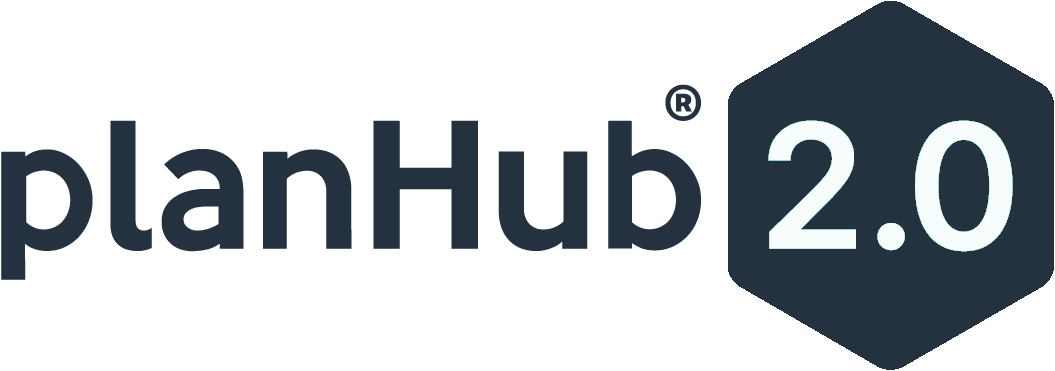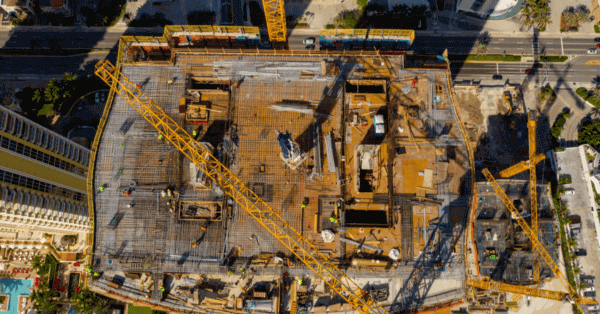Mistakes and rework can be detrimental to a project’s profitability and schedule. Ensuring that all work performed on the project meets the quality specifications is a task for everyone on the project team, especially in the construction industry. Construction quality management involves planning for quality work and ensuring that the work meets the specifications. Teams can improve construction quality by setting standards, using quality subcontractors, providing training, doing risk assessments, and improving communication.
What is construction quality management?
Construction quality management can be broken into two processes: quality assurance and quality control. Quality assurance involves the proactive processes that help ensure quality and prevent defects. These processes usually occur before the work itself begins and incorporate everyone on the team.
Construction quality control involves the regular inspection of the work that’s been completed to identify and correct potential issues. This is usually carried out by specific people, such as inspectors or engineers. When defects are found, the contractor must correct the work or tear it out and redo it.
Where quality management fails
Most of the focus in every construction phase is on quality control. There are elaborate systems set up to address quality after the work is done – municipal inspectors, architect punch list, etc. However, little attention is paid to quality assurance. Because of this, both time and money are wasted. Rework costs between 7 to 10% of total construction costs and extends project schedules 9% of the planned project time.
Material quality can play a role in construction cost management and project quality problems. Not using specified materials in order to cut costs, incorrect concrete mixes, improperly graded steel, and other material problems can quickly become safety hazards for both workers and building occupants. And they may not be identified as an issue until it is too late.
Subcontractor work issues are another cause of quality issues on projects. With the growing shortage of skilled workers, subcontractors are forced to hire and use unskilled workers, even on the most complex projects. Without proper training, these workers are a threat to the quality of work on the project. Some studies have shown that over half of construction defects can be attributed to human error. Hiring knowledgeable subcontractors with skilled crews is key to maintaining project quality.
Change is the one constant in construction, and it often leads to quality problems. Lack of proper documentation of changes, last-minute revisions, and scope creep can all threaten the project’s quality and safety. And, due to tight deadlines, waiting for the paperwork to catch up is often not an option. So, subcontractors are forced to make key quality decisions in the field to keep the project moving.
How to elevate construction quality
Contractors and project owners should focus their efforts on quality assurance measures to help prevent costly rework and project delays. These measures include setting standards, finding quality subcontractors, providing proper training especially for the positions of leadership in construction, using efficient general contractor software, performing risk assessments, and improving communication.
Setting standards
Many projects include quality standards within the specifications. There are quality requirements for materials, as well as detailed descriptions of the installation requirements to meet the intent of the design.
The key to quality assurance is to make sure all workers know the standards and enforce them while the work is being performed. Communication with the field is often hampered by reliance on paper documents and legacy communication systems. Modernizing field communications and using technology to ensure information is available when and where it’s needed will help ensure workers have the information they need to meet the quality standard.
If project specifications do not provide a standard for work, the contractor should communicate with the owner or design team before beginning work. They can work together to put together a quality standard that meets the owner’s requirements and the design intent.
Finding quality subcontractors
Finding subcontractors that provide consistent quality work can be difficult, especially with the shortage of skilled labor. Contractors need to rely on prequalification to weed out short-lived companies that aren’t focused on providing a quality product.
Construction bidding websites or platforms like PlanHub make it easy to find and communicate with qualified subcontractors during the bidding process. Contractors can research prospective subcontractors and communicate with them within the platform, then send them notifications of projects to bid on. The system allows general contractors to be proactive in subcontractor selection, instead of waiting to see who bids.
Training
Subcontractors should focus on providing training and supervised hands-on experience for new workers, so they can ensure that they are providing a quality product. This can be hard to do, given the volatility of the market, but is a necessity to improve the quality of workmanship. Contractors should always be recruiting and bringing on new talent to take the pressure off when they are busy.
Risk assessments
General contractors and subcontractors should always be looking for new sources of risk on a project. Since the work on site is dynamic, changing every day, sources of potential risk change too. Contractors need to identify potential threats or concerns as far ahead of time as they can. This will give them more time to proactively address or mitigate the issue before it affects the project.
Improved communication
The success of a construction project is highly correlated with the level of communication. Many contractors still rely on hands-on communication techniques, like phone calls and emails, to distribute information and documents. Automation and digitization of project communication reduces miscommunication and makes project teams more efficient.
Conclusion
Construction quality management often fails because it is focused more on quality control, rather than on quality assurance. Project teams can improve quality by setting standards for the work, finding quality subcontractors, providing training to workers, performing daily risk assessments, and improving communication in the field.




